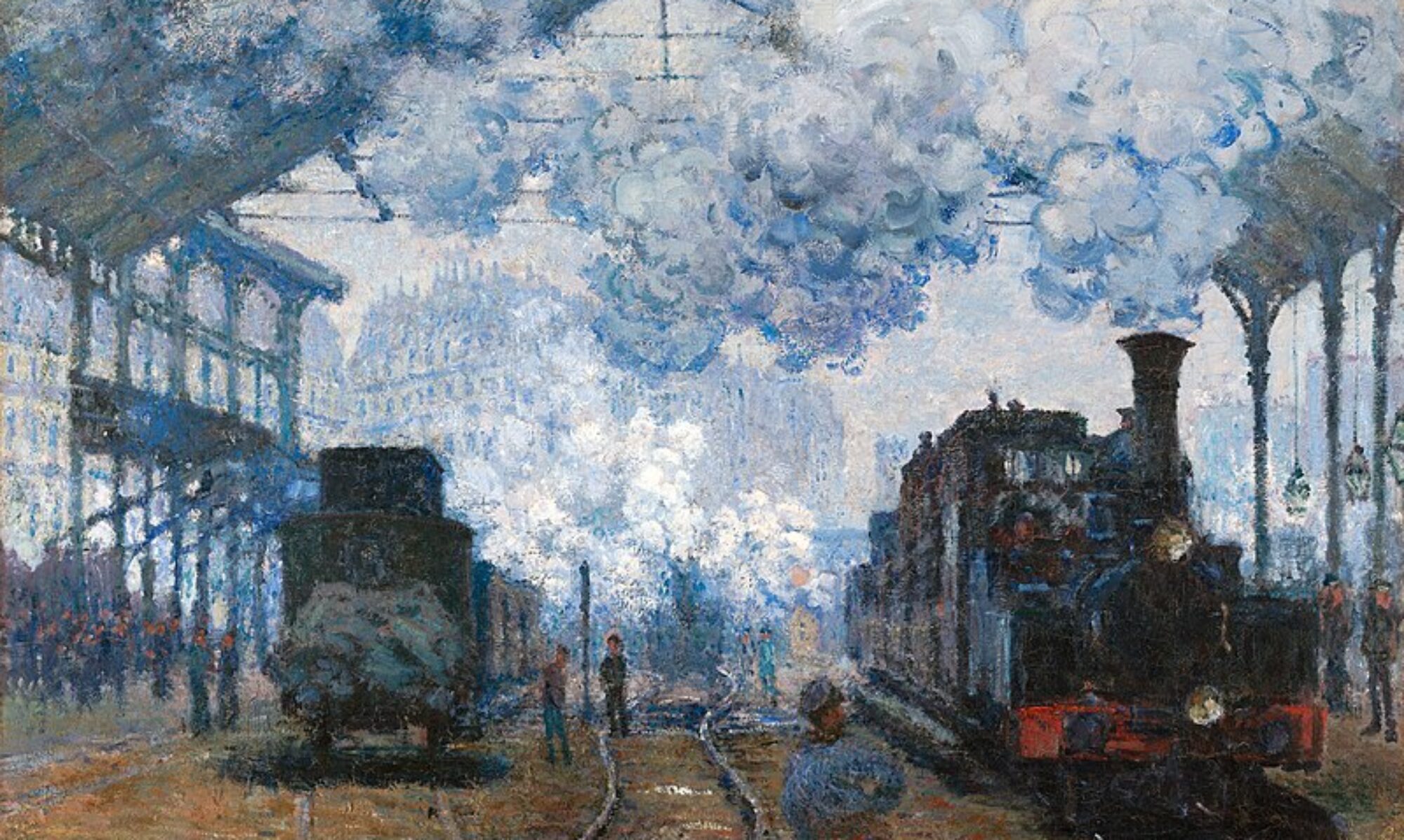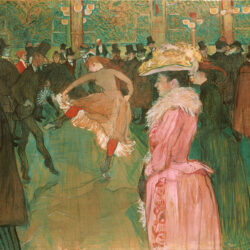In Hungary, a strong sense of patriotism and national pride fuels the urge of the public, and the Hungarian Parliament, for reform. In the Hungarian Parliament’s address, no less than a threat is made against the ruling monarch of the nation, pleading for reform, for,
“Your Majesty has not followed a constitutional direction, and consequently has been at variance with the independent character of our government. This alone has hitherto prevented the development of the constitutional system in Hungary; and it is clear that unless the direction can be changed, and Your Majesty’s government is made to harmonize with constitutional principles, the throne of Your Majesty, no less than the monarchy itself, endeared to us by the virtue of Pragmatic Sanction, will be placed in a state of perplexity and danger, the end of which we cannot foresee, and must entail unspeakable misery upon our country.”
It is hard not to see this as anything else but a veiled threat to the future of the monarchy if no action is taken to reform and appease the people of the nation. The fact that the document continues with advocating great measures of reform within the government gives the sense that the people were very much on board with what the parliament was pushing for, that being the expansion of political rights to the people. Needless to say, any time the energy of the masses are swept up or channeled into a political movement, a great surge of patriotism results, sometimes expanding into nationalism. Language in Alexander Petofi’s National Song of Hungary such as “freedom’s soil” and lines like “A miserable wretch is he, Who fears to die, my land, for thee!,” brings the idea of a nation advocating freedom and land that stands for such as being worthy of dying for. An interesting parallel is the song “Battle Cry of Freedom” by Georgie Frederick Root, which is very similar with the lyrics, “Oh we’ll rally round the flag, boys, we’ll rally once again, Shouting the battle cry of freedom,” and “Oh we’re springing to the call for three hundred thousand more, Shouting the battle cry of freedom! And we’ll fill the vacant ranks with a million freemen more,” the only real difference in tone and language being that in the National Song of Hungary, the writer of the lyrics considers himself a slave to the monarchy with how the people at that time lacked a voice in government to better society and bring the lower class out of poverty. Where Root’s song uses both the flag and the term land as a way to symbolize the US, Petofi’s song uses solely the term land. Crucially is the use of the term “Magyar” in Petofi’s work, an ethnic and national group referring to the people of Hungary who had migrated there from the Ural Mountains in Russia. Therefore, we see that while other songs of the period have a patriotic base with touches of nationalism, many with more nationalistic bases tend to incorporate terms which put an ethnic group at the center of the work.

